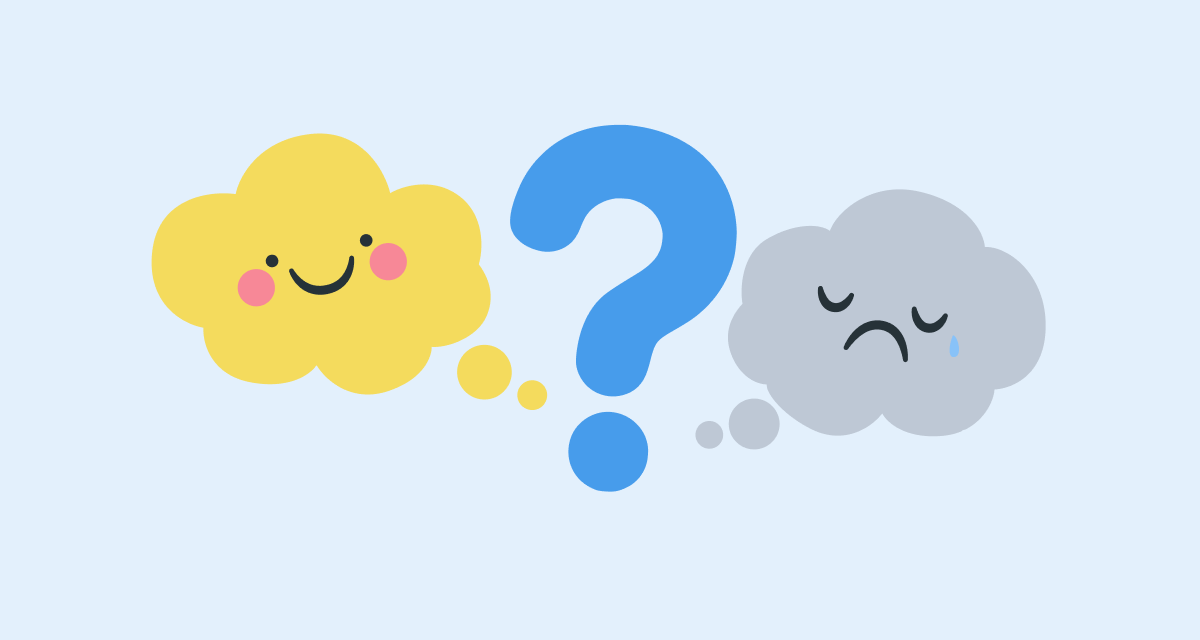10 Questions to Help You Get to Know Your Child Better

One of the most sensitive and effective ways to understand how your child feels is through conversation.
We’ve prepared 10 questions for kids aged 7 to 9 that can help them open up—and help you stay close and supportive without crossing boundaries.
These conversations aren’t about control—they’re about attention and trust. They can be the start of real closeness and understanding in your family.
💛 Ages 7–9: Learning to Talk About Feelings
Children this age are still learning how to communicate on a deeper level. Having an opportunity to practice will not only help their family relationships but also relationships with other adults and peers.
1. What was the happiest and the saddest moment of your day?
Why ask this? It helps your child start recognizing and naming their emotions—and helps you understand what brings them joy or makes them upset. This can guide you in offering support or adjusting daily routines.
2. What helps you feel calm when you’re angry?
Why ask this? It teaches your child that anger is okay and encourages them to find healthy ways to deal with strong feelings.
This kind of question opens the door to discussing ways to cope with anger: being alone for a while, playing a game, hugging a toy, or just talking it out. You’ll learn what really helps your child—and how to be there when they need it.
3. What do you like about your friends?
Why ask this? It helps your child notice good qualities in others and build healthy relationships. You’ll also learn what values matter most to them.
4. Has there ever been a time when I didn’t understand you the way you wanted me to?
Why ask this? It shows your child that their perspective matters—and reminds them that adults can make mistakes too.
This question helps build trust and gives you a chance to see yourself through your child’s eyes—and grow closer.
5. If you could have any superpower, what would it be?
Why ask this? It sparks imagination—and reveals deeper wishes and values.
You might discover something your child feels they are missing in real life: strength, fairness, recognition, or the chance to help others—and understand what qualities matter most to them right now.
6. What’s your favorite part of the day? Why?
Why ask this? It helps uncover the times when your child feels their best—and gives insight into their preferences.
Their answers can help you adjust routines to better support their emotional highs and lows as well as support their budding interests.
7. What do you love daydreaming about?
Why ask this? It gives you a peek into your child’s imagination and desires.
Daydreams can show what’s truly important to them—and what they hope for. It’s a way to understand what inspires your child and how to support their interests.
8. Was there anything today that surprised you?
Why ask this? It builds awareness and helps you see the day through your child’s eyes.
Their answers show what moments and details make an impression, shaping how they see the world and respond emotionally.
9. Is there anything you’d like to change about your day?
Why ask this? It helps your child reflect on their experience and feel more in control of their day.
Their answer gives you feedback: what felt uncomfortable or boring, and where there’s a chance to make their day calmer or more joyful.
10. What did you discover today?
Why ask this? It encourages a love of learning and helps your child notice their own growth.
For you, it’s a window into what truly interests them and how you can support their curiosity and confidence.
Try asking these questions gently and calmly and with genuine interest—without rushing or judging. Let them be warm, natural moments of connection instead of formal “check-ins.”
Sometimes, one simple question can reveal more than a long conversation. The most important thing is to be present and truly listen.
References:
- A systematic review of parent–child communication measures. Clinical Child and Family Psychology Review, 2022.
- A systematic review of the evidence on the effect of parental communication about health and health behaviours on children’s health and wellbeing. Preventive Medicine, 2022.
- Helping kids who are lonely, Child Mind Institute, 2024
- How to get your kids to open up, Positive Parenting Solutions, 2023
- Getting your kid to open up, Parents, 2022
Проверьте электронный ящик



















